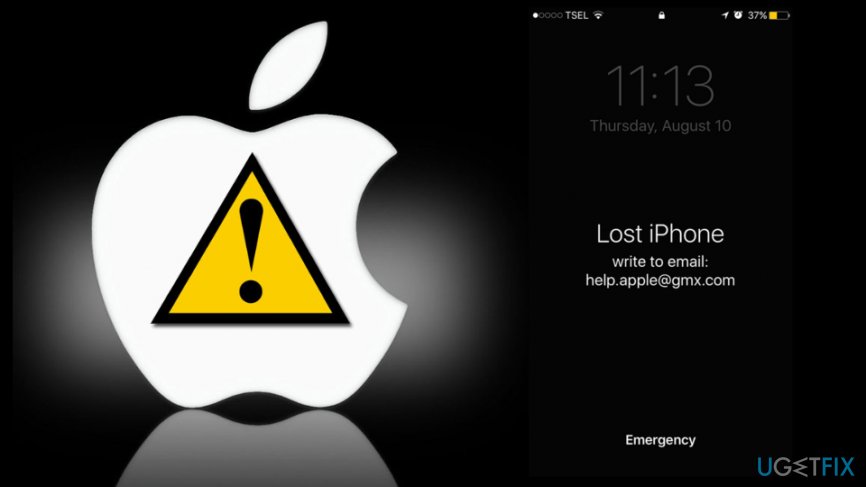


If it’s possible for top-secret NSA exploits to eventually see the light of day, it’s also possible for the FBI’s own arsenal of hacking tools to eventually fall into the wrong hands. So while former FBI director James Comey promised Apple that they would be able to keep a customized version of iOS from falling into the wrong hands, there’s really no way for anyone to make such a promise with 100% certainty.

As security researcher Matthew Hickey, who tracked the leaked NSA tools last month, put it, “I am actually surprised that a weaponized malware of this nature didn’t spread sooner.” Today shows exactly what’s at stake when government hackers can’t keep their virtual weapons locked up.
#Apple ransomware attack 2017 software
The FBI, as a result, tried to force Apple to release a specialized version of iOS that would not include this security limitation.Īpple abhorred the very idea from the get-go, with Tim Cook going so far as to say that the FBI wanted Apple to create something that it viewed as “the software equivalent of cancer.” From Apple’s vantage point, creating software capable of circumventing important iOS security mechanisms was a monumental risk as there is no way to guarantee that the customized software wouldn’t eventually fall into the wrong hands. As a precaution, a security setting in iOS wipes a device clean after 10 erroneous passcode entry attempts. As a quick refresher, the FBI last year wanted Apple engineers to create a brand new version of iOS that would allow them to skirt around iOS security measures. The proliferation of the WannaCry ransomware last week unequivocally justifies Apple’s steadfast refusal to help the FBI break into an iPhone 5c used by one of the San Bernardino terrorists.


 0 kommentar(er)
0 kommentar(er)
